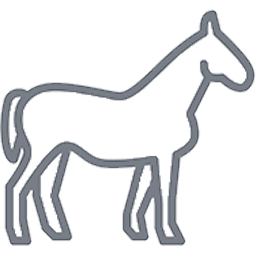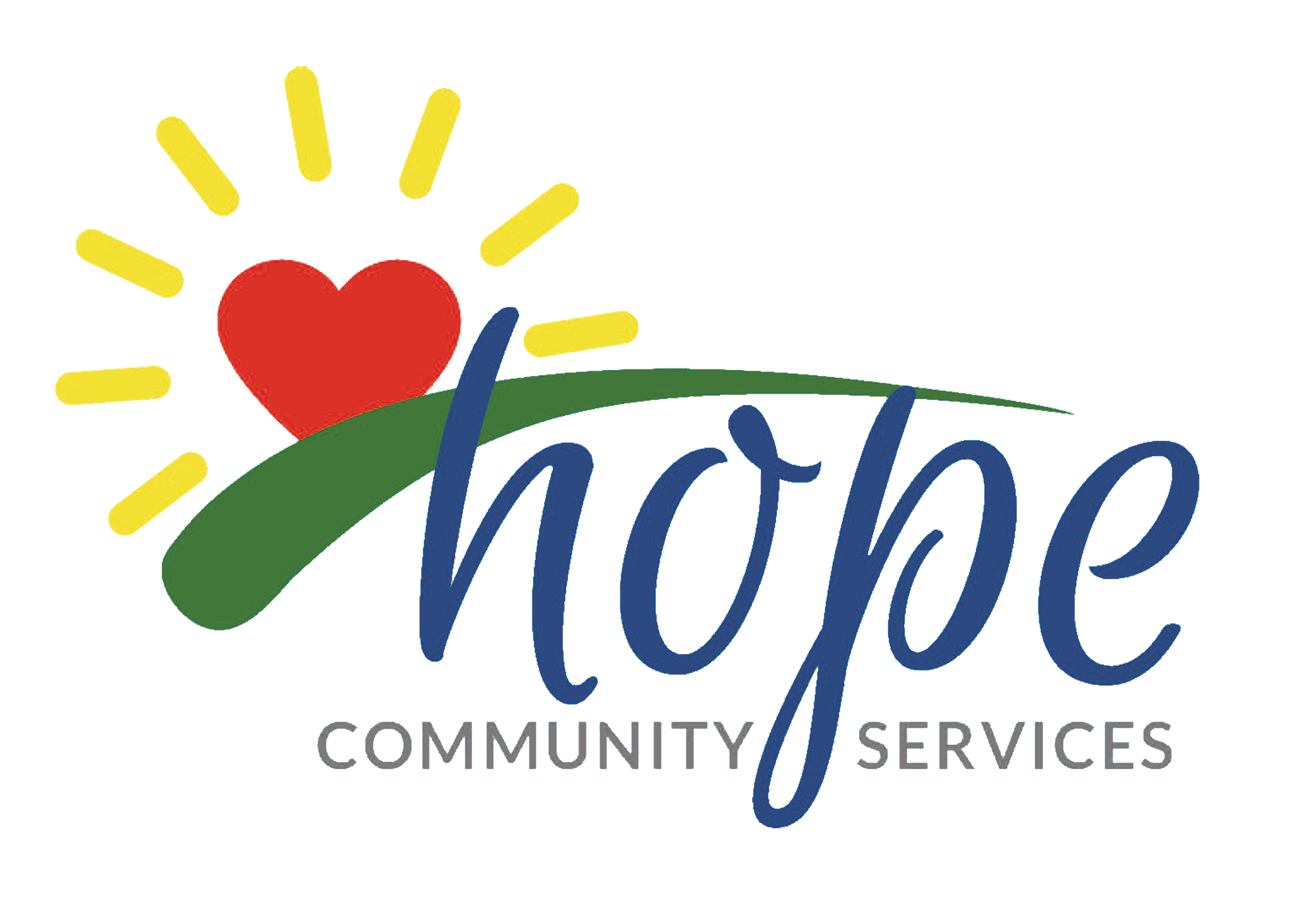Chart Holders
Hope Community Services, (HCS) passionately serves the emotional needs of children and families who are at risk due to the impact of abuse, neglect, and trauma. HCS strives to get each child back on a normal developmental path and to prevent them from developing any long-term trauma-related mental or behavioral health problems. HCS provides the healing and support needed for a bright and healthy future for the children and families we serve through our Outpatient Behavioral Health Services Department.
HCS’s Outpatient Behavioral Health Services Department encompasses individualized services to meet children and family’s needs through a variety of components such as: evaluation, therapy, psycho-educational skills building, clinical care coordination, and collaboration with each child’s caregiver(s) and team. Services are culturally competent and linguistically appropriate, strength-based and incorporate community supports to maximize resiliency and minimize the recurrence of symptoms. Treatment frequency, modality and duration will vary based upon individual client needs and preferences. Services can be provided in an office setting, community, and home and may address family functioning, substance use, abuse and trauma, crisis planning and skills development.
Programs

General Therapy
The General Therapy Program uses a variety of therapeutic interventions and modalities to strengthen individual and family functioning, improve coping skills, and increase pro-social behavior and problem-solving abilities to achieve increased self-sufficiency.
Program Description
Equine Therapy
HCS utilizes miniature horses that the children interact with during their therapy sessions. This is an effective form of therapy for children whose lives are extremely impaired by significant trauma and are not comfortable with traditional in office therapy sessions.
Program Description
Trauma Therapy
Trauma-Focused CBT enables children and youth who have experienced serious traumatic events to learn effective skills to help process their past experiences, manage their thoughts, feelings and behaviors, and enhance safety.
Program Description
Trafficking - SuRGE
SuRGE is designed to be an intensive service that stays involved with trafficking survivors as they attempt to break free of life on the streets. We recognize that access to consistent treatment and continuity of care is critical to success.
Program Description
Psychoeducational Program
This program utilizes a person-centered approach to help each of our clients learn the necessary skills to manage everyday tasks and responsibilities. For each client there is an individualized service plan created after assessment.
Program DescriptionClient Referrals / Intake Process
Clients are referred for services by the Regional Behavioral Health Authority (RBHA) Case Manager or an AHCCCS ACC Contracted Health Plan Case Manager. Upon receipt of a referral packet, staff review referral paperwork and may conduct screening interviews with the referring agency and/or the client to determine whether or not the referral is appropriate for the program based on established admission and exclusionary criteria. If the screening indicates the referral is appropriate an assessment will be conducted. The assessor will complete a biopsychosocial assessment and accept or deny the referral based on clinical suitability. If accepted sign a staff member will be assigned as determined by factors including but not limited to: program referred to, client presenting issue(s), client location and cultural and language preferences. Finally, the referring agency will be notified of the outcome of the assessment.
Once approved for the program, staff will meet with the client to complete an intake appointment that consists of an overview of the program, client rights, comprehensive assessment, consent to treat, privacy practices, no show policy, confidentiality and grievance procedure and cultural needs assessment. If client is a minor, a legal guardian must authorize children to participate in the program.
Documentation of consent to treatment is obtained from the client and, for youth, the parent/guardian with dated signature. This follows staff verbal explanation of proposed treatment, intended outcome, nature and procedures of proposed treatment, any risk of side effects of the proposed treatment—including risks of not proceeding with the proposed treatment, and alternatives to proposed treatment. Clients are advised that consent is voluntary and may be withdrawn at any time. The intake process also includes review of program expectations and client rights, and signed acknowledgement of applicable releases of information.
Accepted Health Plans
Banner, Molina, Mercy Care, Mercy Care CHP, and UHC (UHC not accepted for HHH equine program).
Refer a Client
Send the following documents to
[email protected].
- Direct Service Referral form with up to date contact information
- Direct Service Referral to include codes for both therapy sessions (1-4x/month)
- Initial Assessment/ Annual Evaluation including current diagnosis and BHP signature
- Current CFT meeting note
- Provider Service Plan with parent/ guardian and BHP signature identifying specialty service
- Strengths, Needs, Cultural Discovery (if one has been completed)
- CALOCUS
- Crisis Plan (if one has been completed)
Questions?
Contact Amie McCartney [email protected] | 480-285-8753
© 2020 Hope Community Services. All Rights Reserved.

